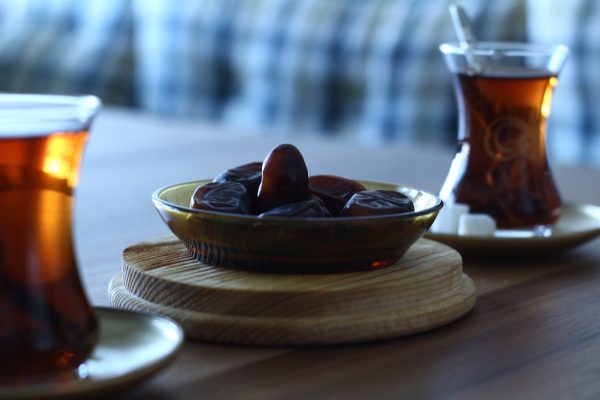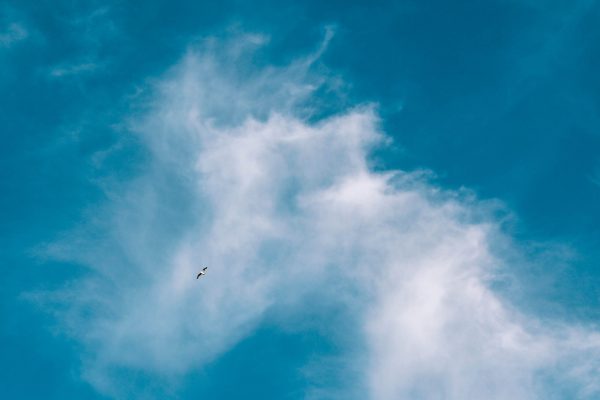For Yom Kippur Haftarah reading
If we fast today
with no thought
of how we will meet tomorrow
and every day that follows
then this ritual fast is as hollow
as the dry shrunken gourd
from last year’s sukkah,
barren, unmoored
from the lifeblood of meaning,
or, worse,
if our empty stomachs
fill us with the righteous illusion
that today’s hunger alone
makes us good Jews, good people.
We may fast for many reasons
but on this day only one matters:
that this fast, like the blasts of the shofar,
unmoor us
from the familiar place,
the stasis of our packaged selves,
making it impossible for us not to see
what is needed,
making it imperative for us
to share in some manner, in some measure,
the abundance that graces our lives.
If we fast today
with no thought
of how we will meet tomorrow
and every day that follows,
then today is as any other day,
and we might as well return home
and feast on a noonday meal.












